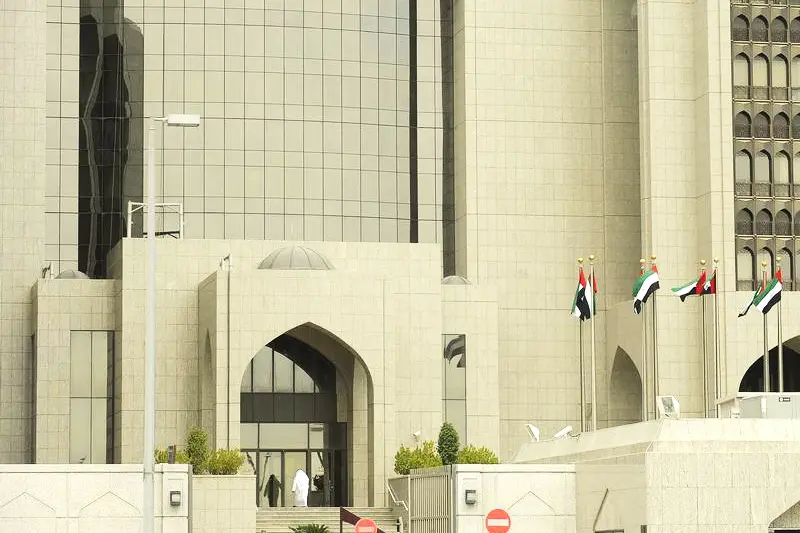PHOTO
DUBAI- The United Arab Emirates has issued a new law governing the central bank and the regulation of financial institutions and activities in an effort to bolster monetary performance and confidence in the economy.
The new law, which updates old legislation dating back more than three decades, raises the central bank's capital to 20 billion dirhams ($5.45 billion) and allows for the establishment of a general reserve of up to four times the paid up capital, the UAE said in a statement.
As well as ensuring prudent management of foreign reserves, the new rules are designed to protect stability of the financial system and help stability of the currency.
The law, which was issued after a decree by Sheikh Khalifa bin Zayed al-Nahyan, the president of the UAE, does not apply to financial free zones and the financial institutions, most of them foreign, that operate within them and are regulated by the authorities of those zones.
The new law would help establish better regulations for monitoring credit, enabling the UAE to achieve balanced economic growth, said deputy ruler of Dubai and finance minister Sheikh Hamdan Bin Rashid.
The law also includes new provisions relating to governance of financial institutions licensed by the central bank and penalties for companies in breach of the rules.
It also contains provisions designed to boost consumer protection, including the confidentiality, protection, and appropriate use of customer financial information, as well as aiming to raise levels of financial inclusion. (1 = 3.6729 UAE dirham)
(Reporting By Tom Arnold and Stanley Carvalho; Editing by Saeed Azhar and David Evans) ((Tom.Arnold@thomsonreuters.com; +97144536265; Reuters Messaging: tom.arnold.thomsonreuters.com@reuters.net))





















